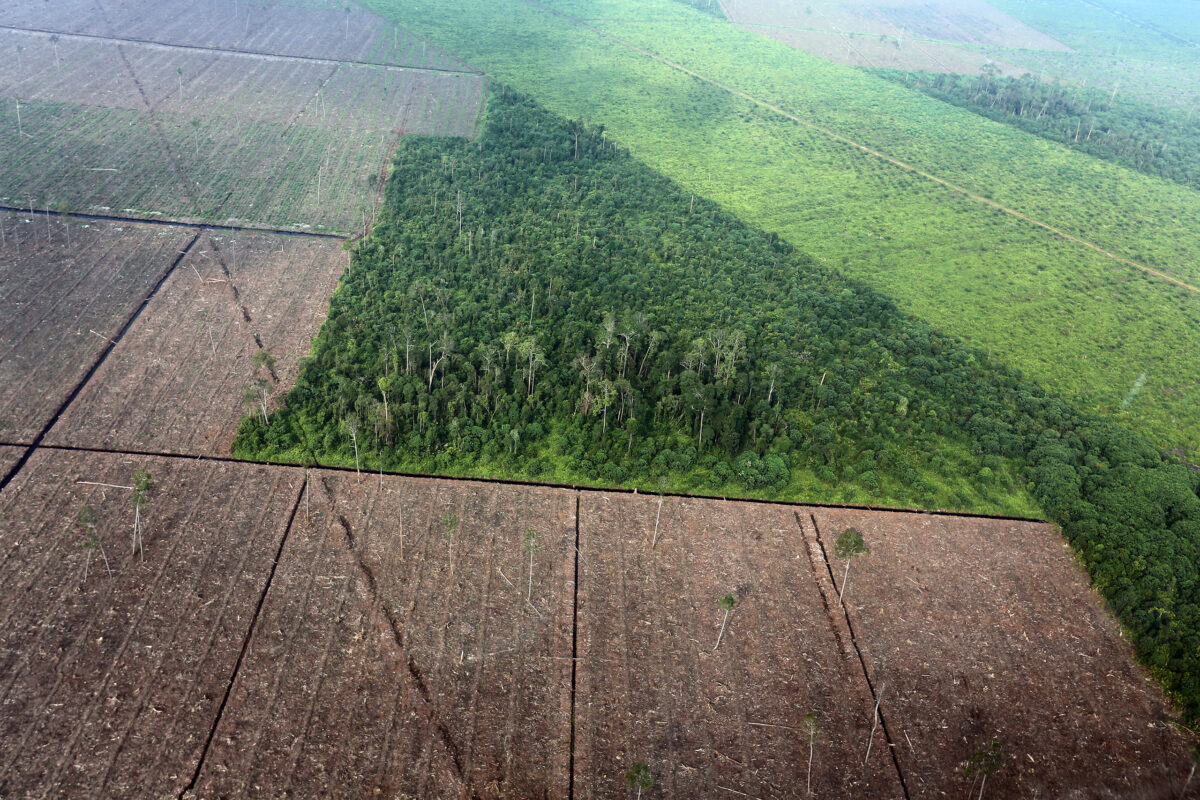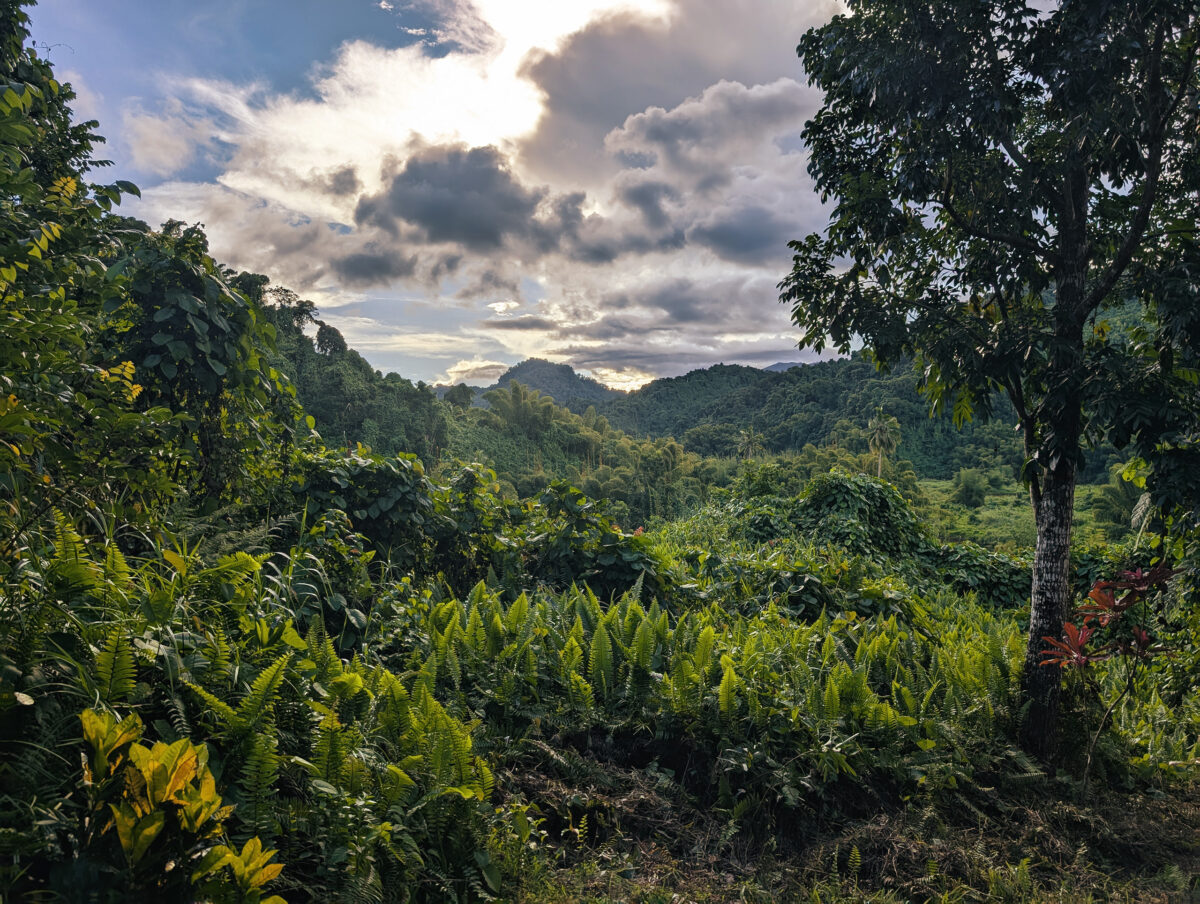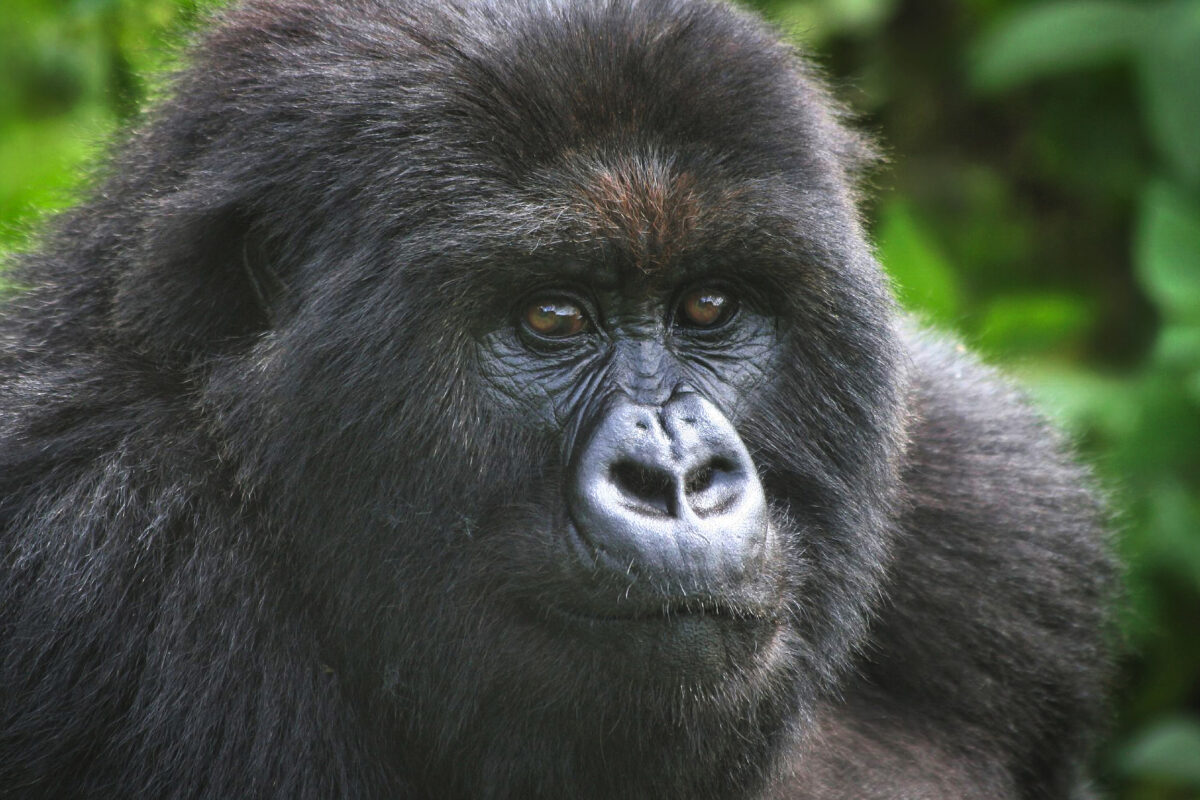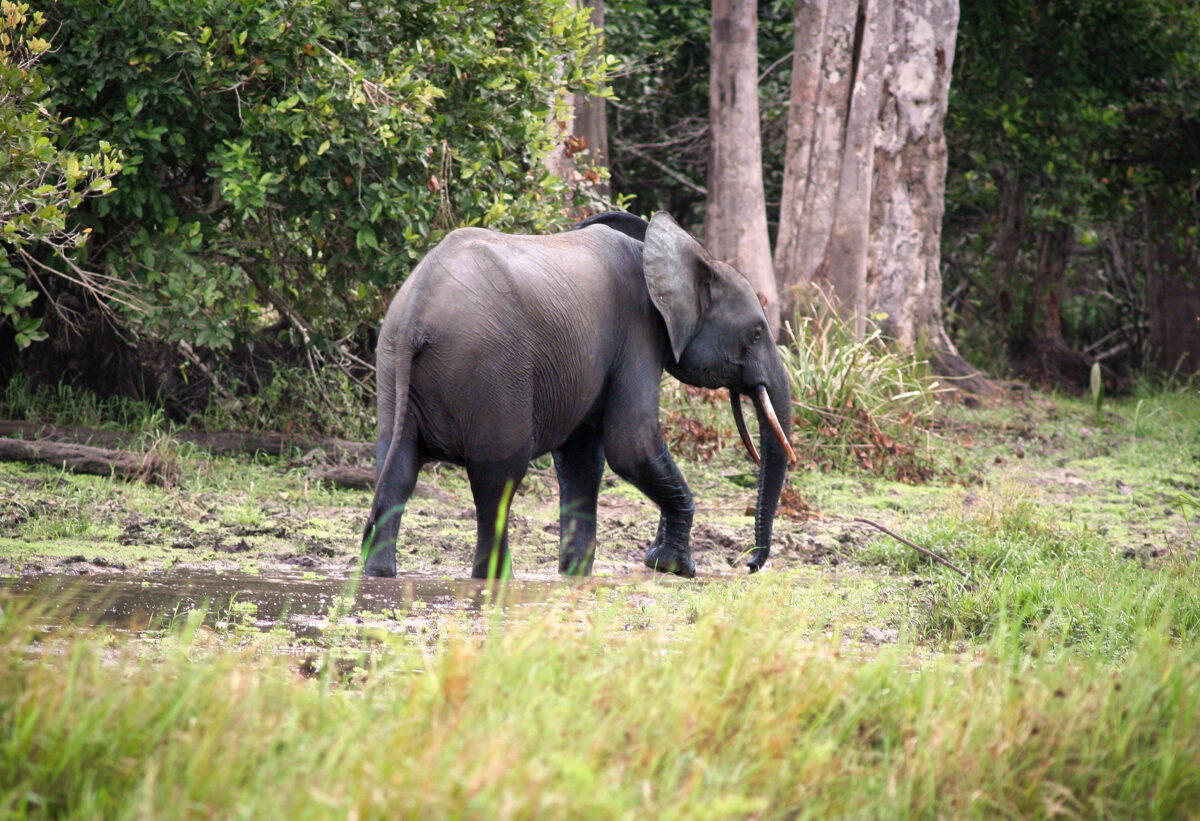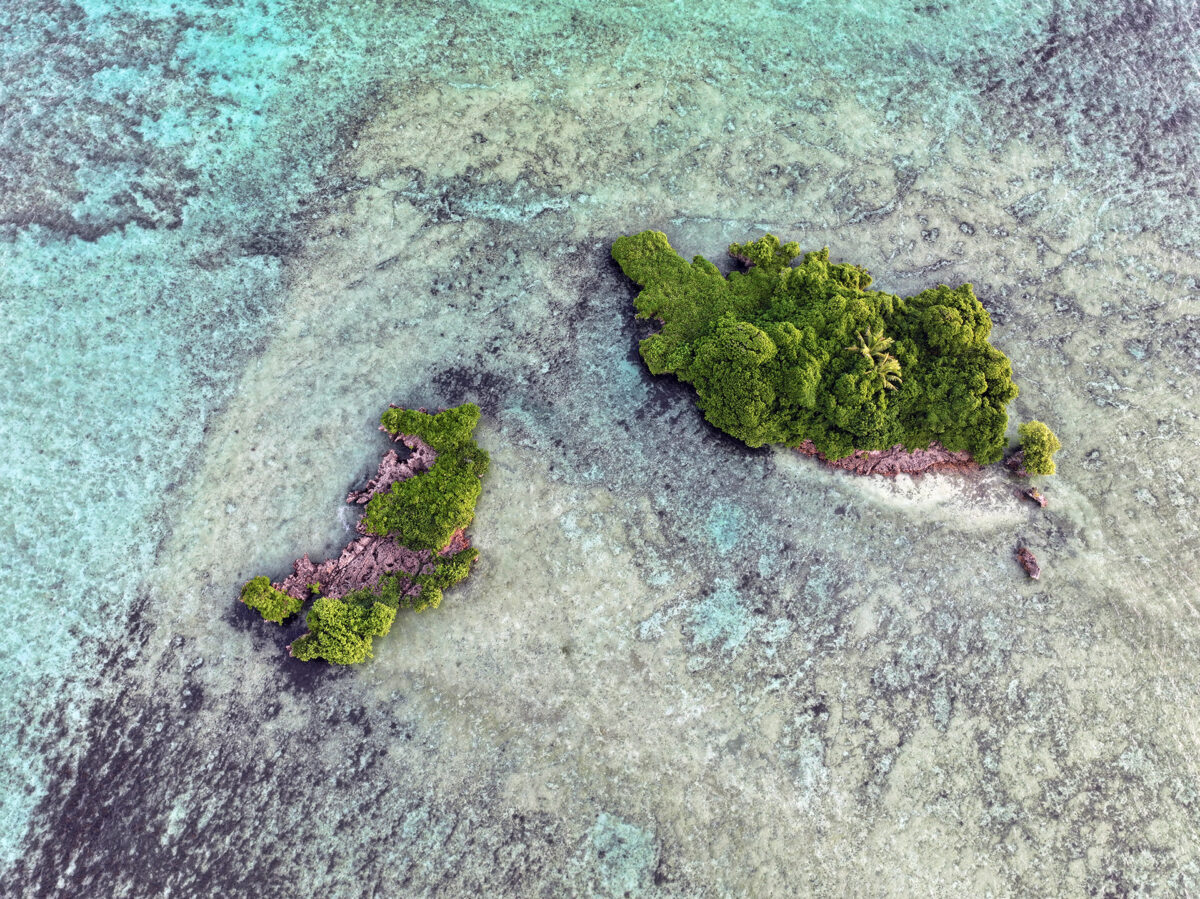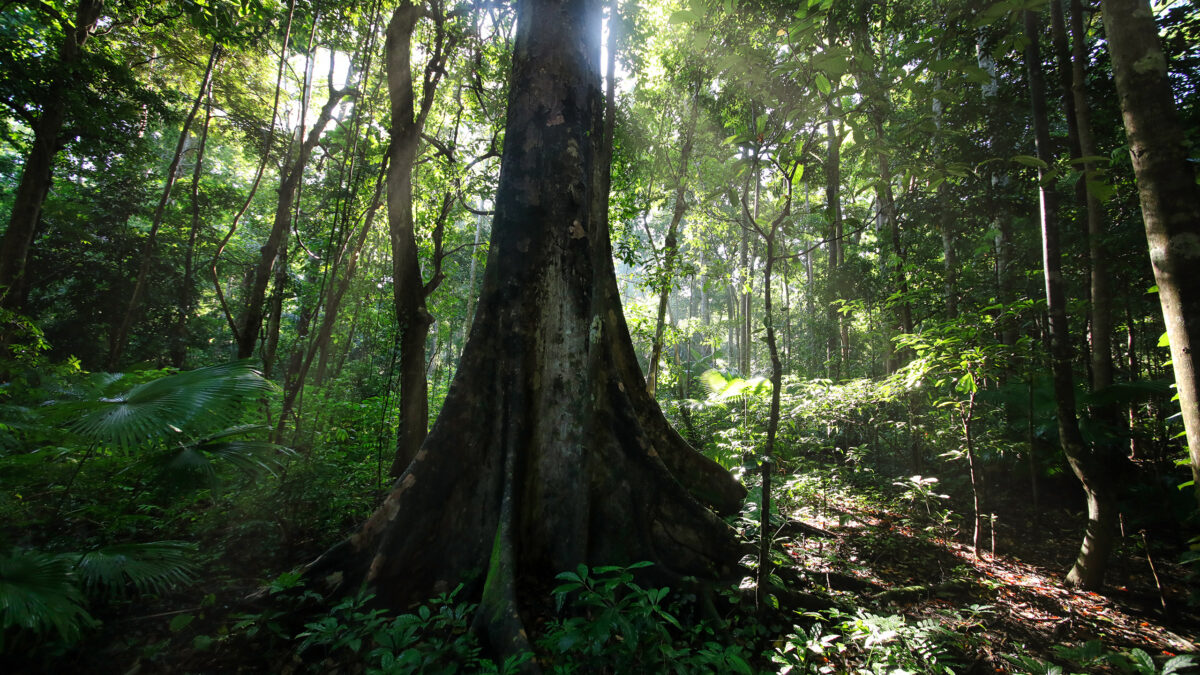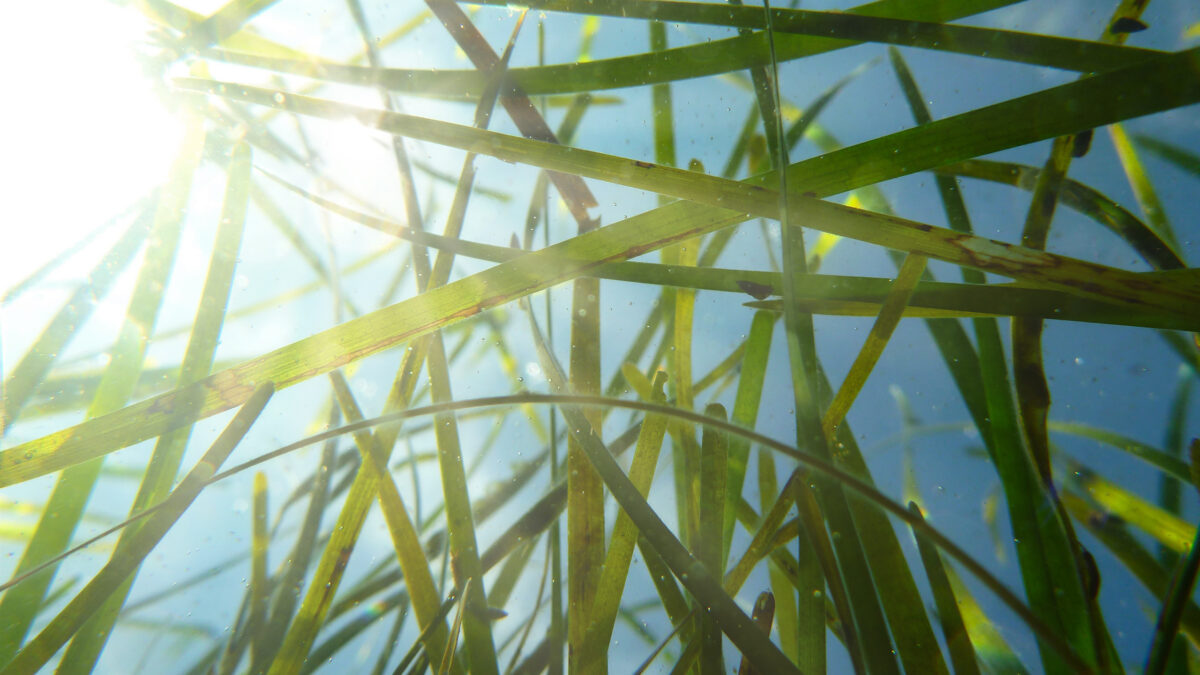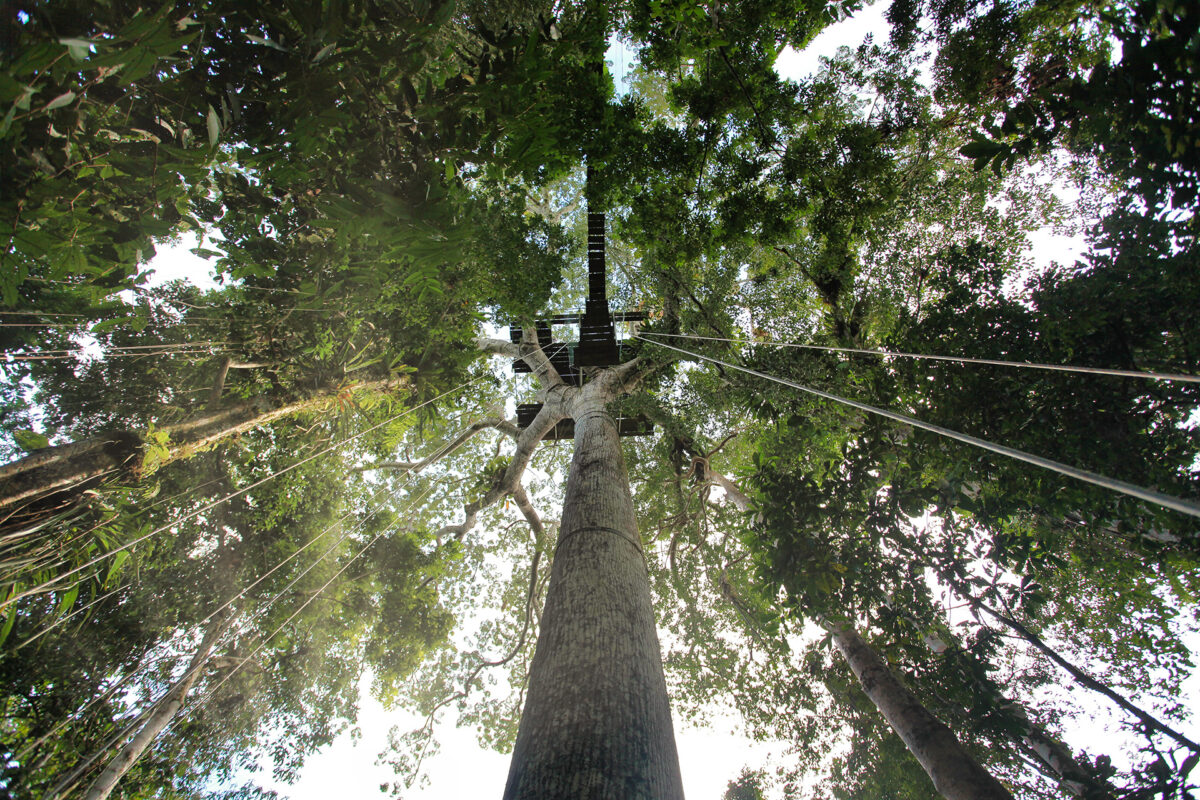The world’s forests tell two stories at once. Even as chainsaws advance, new trees are rising in their wake. More than 11 million hectares of tropical moist forest—an area roughly the size of Cuba—were in some stage of natural regrowth between 2015 and 2021, according to the Forest Declaration Assessment 2025. Latin America shows the [Continue reading]
The forest paradox
